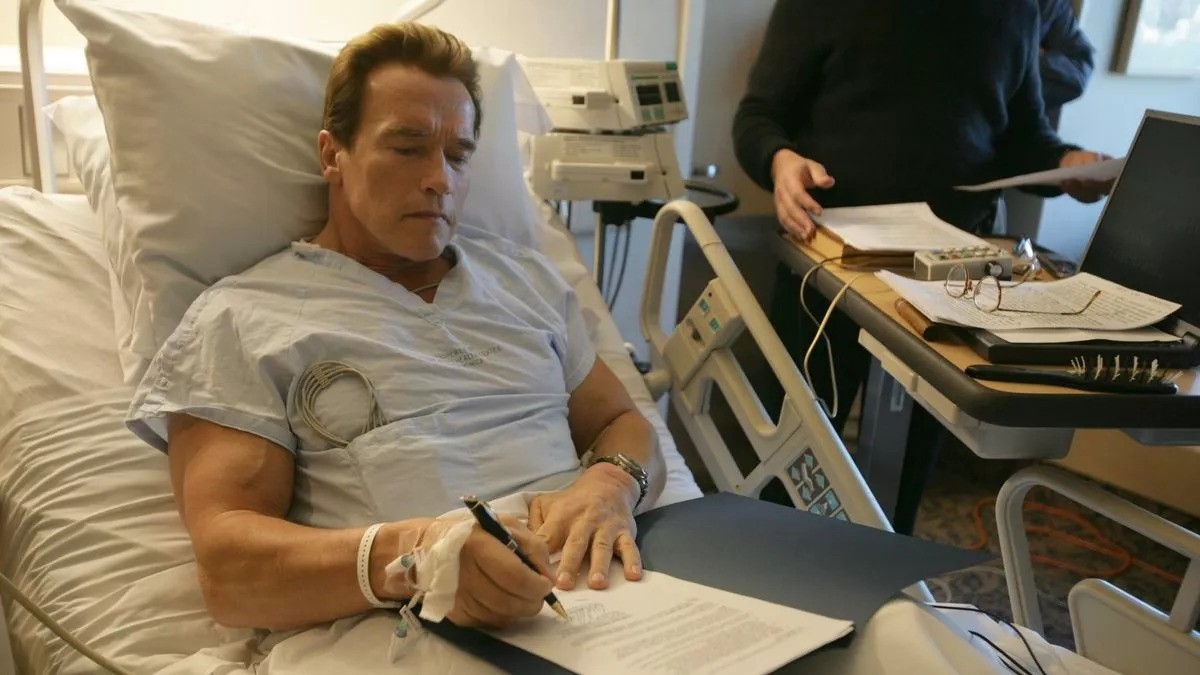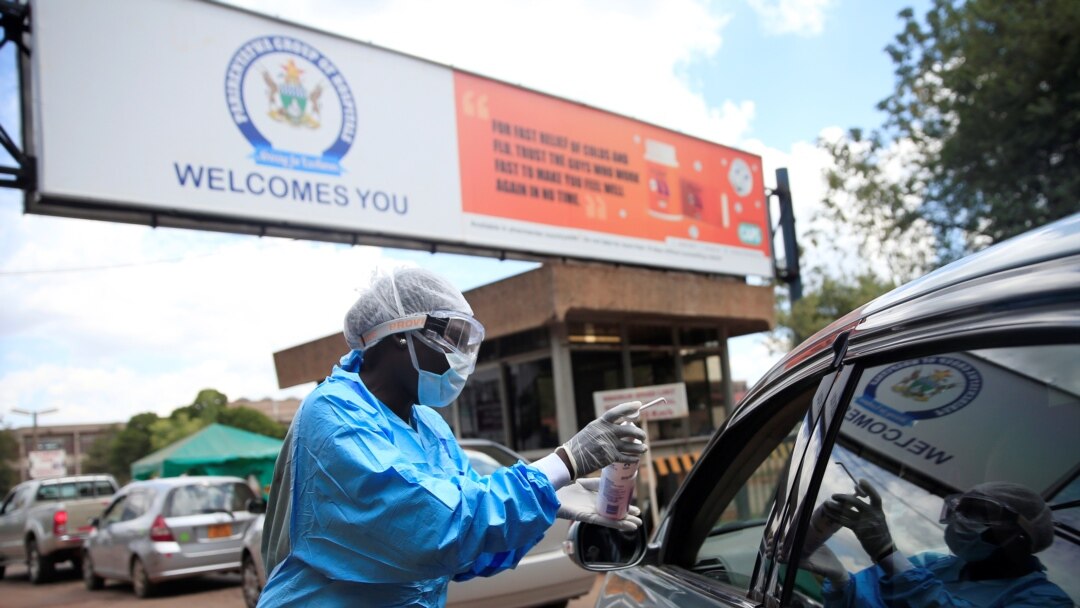At least 50 000 HIV self-testing kits have been distributed across the country, as Government widens options for HIV testing in line with national and global targets.It is Government’s intention to have 90 percent of the population knowing their status by 2020.

Self-testing is considered an option that reaches out to many people.
HIV services training officer in the Ministry of Health and Child Care Mrs Beatrice Dupwa told The Herald recently that self-testing was an additional approach that gave people more options.
People can test themselves in the comfort of their homes and this takes away stigma and fear associated with visiting static sites.
“This (self-testing) is not recommended for people on Anti-Retroviral Treatment as there is a chance that someone may test negative and stop taking their medication,” said Mrs Dupwa.
“This is because people on medication can achieve viral suppression where the virus becomes undetectable, but remains latent in the body.’’
Mrs Dupwa said people would undergo testing on three months intervals, especially for those at high risk like sex workers and truck drivers.
There were fears that self-testing could lead to domestic violence, as couples accuse each other of causing the infection, but Mrs Dupwa said findings had not proved that.
The country has managed to reduce HIV prevalence rate to 14 percent from 14,9 percent in the latest findings.






